About Varicoceles
Affecting 15-20% of males and up to 40% of infertile males, varicoceles are relatively common. When poor circulation occurs in the one-way valves that allow blood to flow from the testicles and scrotum back to the heart, blood begins to pool in the veins. This pooling often leads to dilation and swelling of the blood vessels, known as varicoceles, and increased internal pressure and temperature. Varicoceles can result in damage to the testicles, decreased fertility (sperm count and quality), and dull aches or pain in the scrotum.
Symptoms
Some patients experience no symptoms, while others report:
- Dull or aching pain in the scrotum, especially while lifting heavy objects or remaining in an upright position for an extended time (lying down may ease discomfort)
- Shrinking of one or more testicles
- Evidence of a mass in the scrotum that resembles a "bag of worms" (typically found in the left testicle)
- Infertility or impotence
Diagnosis & Treatment
In addition to physical exam and review of health history, physicians often use ultrasound imaging to measure veins, assess blood flow, and identify additional abnormalities.
While varicoceles were historically treated with open incision and ligation, the physicians at ARA Health are pleased to offer a safe and minimally invasive treatment option called varicocele embolization. Using image guidance and just a small "IV-like" puncture, our experts insert a catheter to place tiny coils into the affected blood vessels, which ultimately divert the blood to other healthier veins instead, reducing pressure and restoring normal circulation. No stitches or anesthesia is required, and unlike traditional surgery, varicocele embolization can be performed in an outpatient setting with minimal recovery.
You have questions. We have answers.
Please contact our ARA Cares Coordinator at (828) 436-5500 with any additional questions or concerns.
You will be given specific instructions on how to prepare for the procedure, which may include adjustments to your regular medication schedule. If you are scheduled to receive a sedative during the procedure, your doctor may instruct you not to eat or drink anything for four to eight hours prior to the exam. It's important to arrange for someone to accompany you and drive you home if you are sedated.

